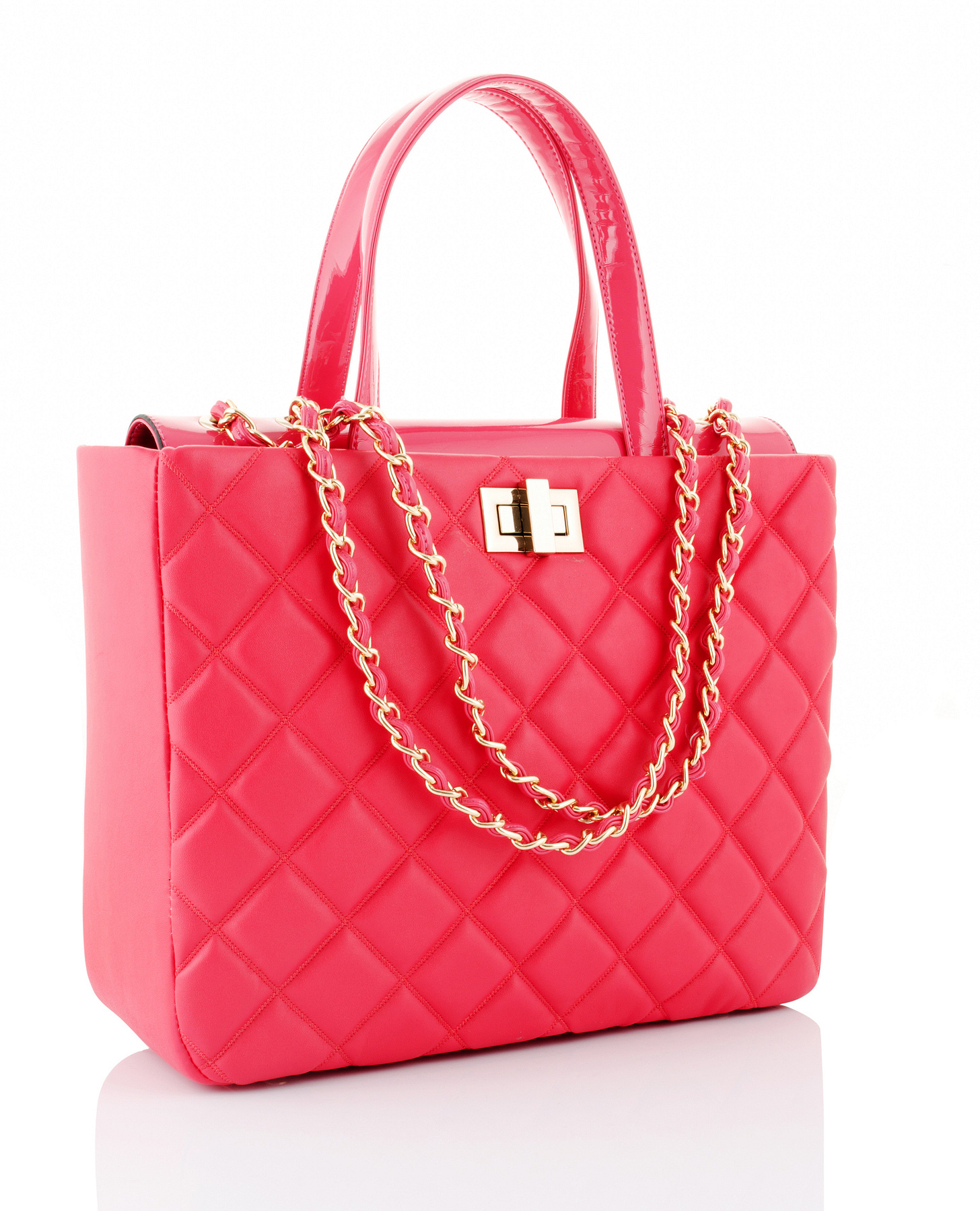Ghosts are popping up everywhere. The long-suffering workers of China who make those beautiful luxury handbags have been like ghostly apparitions, silently toiling away on perhaps not much more than slave wages. Now, thanks to Trump’s tariffs, we hear these ghosts rattling those heavy handbag chains on Tik Tok, crying out from their graveyard shifts for customers to know their true role value creation. We see the ghostly reminders of the World Wars as Germany and Japan re-arm, and the youth of Europe on Instagram telling us how excited they are about conscription and national military service. An underground army of ghosts gathering since 9/11 is back from the dead. The firefighters, police officers, and intelligence officials who had their careers consigned to the grave for having asked legitimate questions about real explosions on 9/11 are back from the dead (and on Tucker). We see mysterious spectres buzzing in our skies and over our most important military facilities and know, deep down, that everything is not fine. AI-driven stealth ghost ships without human pilots now silently ply the world’s waters, skies and airways.
Even the nation state’s spooky dark side, which usually lurks in the shadows, is increasingly visible, a living phantom that continues to practice its dark arts in the open, even though the President is revoking their security clearances as fast as he can (even revoking those of entire law firms). But, the corpses are piling up anyway. The Seiman’s story alone brings us two in a couple of weeks – the Biden prosecutor, Jessica Alber, who “helped secure a guilty plea in a corporate espionage case involving Siemens Energy Inc” (the US Subsidiary) was dead in her bed while the head of that subsidiary and the CEO’s whole family got taken out by a single point of failure, a “Jesus Nut” that decapitated the chopper he and his family were on. Then there is the ghost in the machine, AI/AGI, which is materializing into practical reality. Sheikh Mohammed bin Rashid Al Maktoum, Vice President, Prime Minister, and ruler of Dubai, just announced that AI will now make the laws in the UAE and administer a new Regulatory Intelligence Office.
The scariest person in this, though, is us. Why? Because we seem to refuse to take responsibility for our failure to ask any questions. Take the Chinese workers as a case in point. We’ve known that they were sewing “help me” notes into the seams of garments we bought for a few dollars since at least 2017! Why has the consumer remained complicit with the big luxury brand names instead of demanding that the returns be spread around a little more fairly? Laziness? Not my problem? Well, it’s our problem now. Frankly, it’s been quite amusing watching the Chinese OEMs pop up on Instagram and Tik Tok waving around the world’s finest threads and leathers, demanding that we stop and acknowledge their work. The next step is for these firms to go global with their own designs. The world will only benefit from the infusion of skill and creativity that they bring to consumer goods. The big luxury names are going to have to work harder to maintain their brand loyalty now. It’s hard to cry for LVMH. It is easy to root for the Chinese working class. We can and should expect them to do great things. The big question is whether the world’s top consumers really value luxury or whether they value really high-quality products at really cheap prices. All this means big-name brands are being ghosted. Clever consumers will now go direct. China’s workers will see their sales and income rise. China’s announcement that they won’t enforce IP anymore means doppelgängers are set to abound. The spirit of capitalism is buzzing with energy even though the value of companies is falling. This is the shift. More power to the workers and less to the managerial class. The question is, how can we invest in this new trend?
While China’s youth are busy constructing first-class consumer goods, Europe’s youth are on Instagram and TikTok talking about the delights of conscription. Germany is now rolling out a voluntary military service. Somehow, I think more capital is going to gravitate to the industrious Chinese youth than the newly reinvigorated militancy of youth in Germany. Of course, it all depends on whether the US and China end up at war with each other. More and more military leaders suggest the risks are rising. Admiral Stavrides outlines five signs that the two nations will end up at war. But, I’d like to suggest a possible alternative take. For all the tough talk around tariffs, it sure feels like Trump is starting to recruit China and Russia as his allies more than as his opponents. Weirdly, we always talk about the “Two Chinas”, meaning the China/Taiwan problem. But, with the American Deep State becoming more militant, Trump’s biggest enemy is no longer China or Russia. It is a home-grown dark force. Maybe China and Taiwan are actually rather more closely aligned than they have been for a long time. Maybe Trump’s offer to assist in a peaceful reunification of these two parties is actually revealing that the split is not within China but within America. Maybe we have “One China and Two Americas” now and not vice versa. Both China and Taiwan see America’s warmongering Deep State as a serious problem. Both appreciate that the people who are in charge of America’s democracy are not the same people as those who’ve been in charge of America’s overseas wars. While all the world watches the slanging match over proposed and suspended tariffs, they miss the more subtle negotiations going on that are enticing both Russia and China to align with Trump against the Deep State.
Take the issue of China’s savings being all tied up in America’s bond market. China could sell the bonds, but they haven’t been selling in spite of everything. Why? It would be shooting themselves in the foot. China didn’t cause the bond market sell-off. It was caused by Howard Lutnick, Peter Navarro, and the Japanese! These players have been wrapped on the knuckles and told to do whatever Scott Bessent tells them to do. Meanwhile, what is Bessent doing? He is calling together the world’s finance ministers in preparation to announce that he (a self-confessed Gold Bug) intends to revalue America’s Gold and to introduce new forms of money like Bitcoin into the US Treasury. This HAS to be music to the ears of China. Their biggest concern is that the US always uses inflation to default on its lenders. How did America pay for the War of Independence? A major inflation (when inflation peaked at 29.78%). How did America pay for the Civil War? A major inflation (which peaked at 9000%). How did America pay for the Great Society Era and Vietnam? A major inflation which is still called “The Great Inflation”. And how did America choose to deal with the 2008 Financial Crisis? By introducing inflation. If there is one thing that destabilizes China and all emerging markets, it’s inflation. So, when Bessant suggests that the solution is for America to harden its stance on inflation, the lenders are listening. This is the essence of the quickly unfolding Mar-A-Lago Accord. People are so caught up in the idea that it intends to weaken the dollar that they miss the larger agenda. It is meant to prevent the Federal Reserve or politicians from being able to debase the dollar going forward. Bessent and Trump are offering China protection from an inflation-led default. Now that has real value to China.
I happened to be in many of the meetings that led up to the famous Plaza Accord. I was a young intern in the executive office of the president, but I was in the room with the chairman of Ford and IBM and many of America’s biggest automakers. I remember listening carefully as they argued that Americans needed to stop buying so many Toyotas. They were better cars at the time than anything the American car makers had to offer. The thought was that they could push the value of the dollar down and thus make Toyotas more expensive. They assumed that Americans would then buy American cars, and the trade deficit would correct. All those powerful mavens of industry were dead wrong. The dollar went down. Toyotas became more expensive, and Americans bought more of them anyway. The trade deficit with Japan got worse, not better.
Bessent is smarter than those guys were. He understands that the investors need to be protected from inflation. By linking the dollar to harder assets, he can deliver on this. Gold. Bitcoin. The dollar may fall nominally a bit compared to other currencies, especially European currencies, but these hard assets provide some protection. The whole strategy also implies that the Fed will no longer have the power to debase the currency as it has done for most of its history. It is no coincidence that Bessent and the President have started the search for the next Fed Chairman. This transition is set to be as important in American financial history as the end of the Truman Era Treasury-Fed Accord. For those who don’t remember, the Treasury demanded that the Fed help fund the war effort and the reconstruction effort. But this was inflationary. Finally, in 1951, the Fed said “no more”. They put their foot down and returned to making independent monetary policy. “On March 4, 1951, the Treasury and the Fed issued a statement saying they had "reached full accord with respect to debt management and monetary policies to be pursued in furthering their common purpose and to assure the successful financing of the government’s requirements and, at the same time, to minimize monetization of the public debt" (William McChesney Martin, Jr., Collection 1951).” This was the start of market confidence in the value of US Treasury secsutires. Bessent and Trump are about to turn the tables on the Fed and remove their ability to play politics. That’s how they see it anyway. The Fed Chair and Board are no doubt horrified at the suggestion that they have been using the Fed’s balance sheet to preserve their popularity rather than to preserve the value of the currency. Janet Yellen went further and publicly stated her total disbelief that the American worker can ever “bring back manufacturing”, calling this a “pipe dream”. That puts her squarely at odds with Trump and Bessent, who obviously think restoration of manufacturing competitiveness is the essence of the American Dream.
Is this music to the ears of America’s lenders? It should be. So, imagine Trump shouting “tariffs” but leaning over to the Chinese and saying, “we’re going to stop our technocrats from defaulting on you”. We are restoring the power of the purse - yours and ours. Imagine further, he says, “and we are doing our best to slow down our Deep State, which is fomenting wars for profit”. He can point to the various steps he’s taking here: revoking their security clearances, prosecuting their efforts to make up stuff (declassifying Crossfire Hurricane), stopping the flow of Deep State cash to weaponize the judiciaries of foreign nations (USAID and Judicial Reform). If China and Russia want America, the other America, to stop messing around with elections and to stop defaulting on their savings, then what Trump and Bessent are offering makes sense. But, there is more…..
Notice that Trump and Bessant are also leaning into a world where Russia can monetize its oil and China can access oil more easily. It helps that MBS stands right alongside the US because this means Trump can push oil prices down if needed. That compels President Putin to come to the negotiating table, and it helps China






